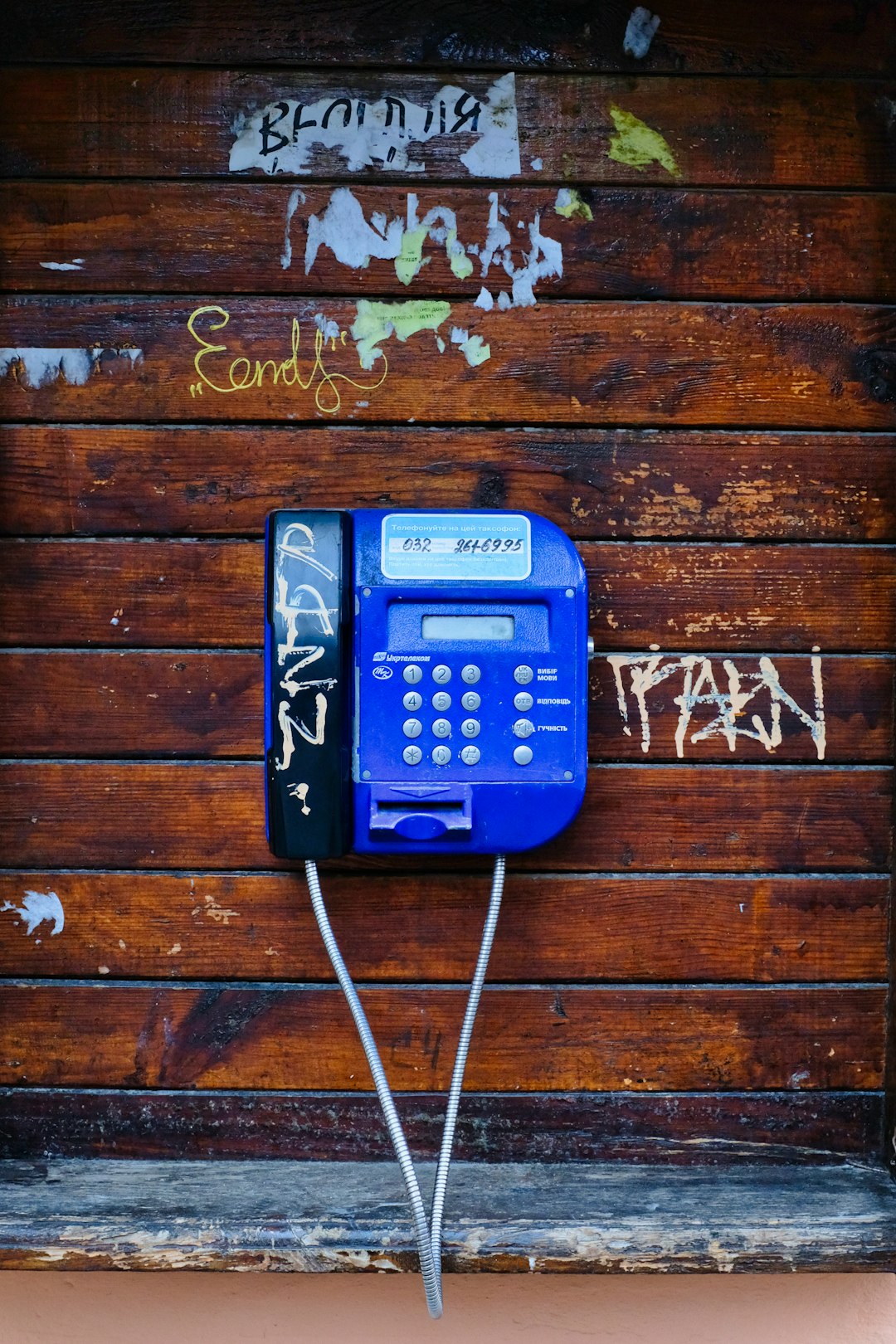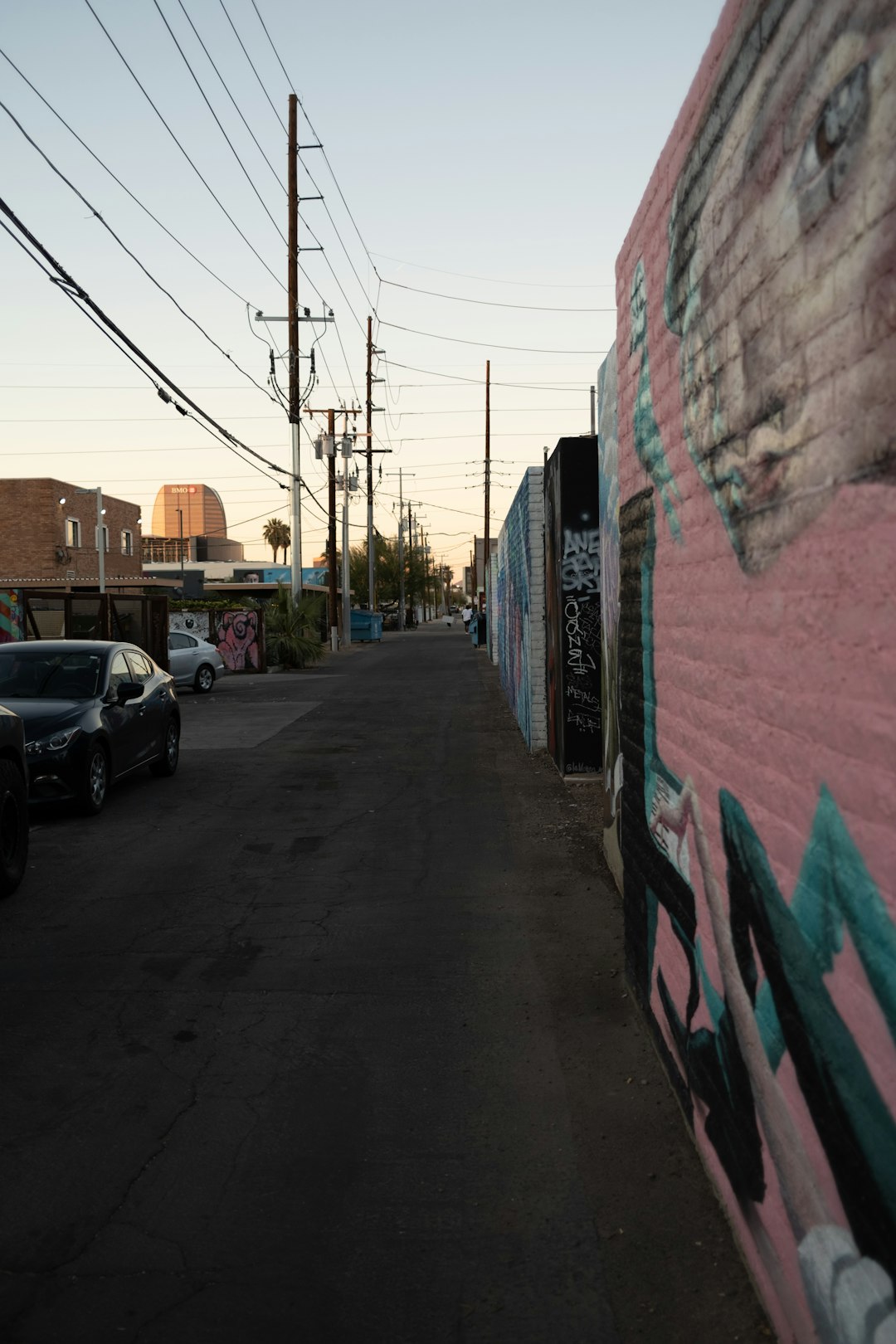In Phoenix, Arizona, where hot springs resorts are gaining popularity, a surge in fake resorts targeting visitors has emerged. Safford, an expert in spam call and deceptive marketing laws, acts as a guardian against these fraudulent practices. The city's stringent policies, coupled with Safford's efforts, ensure only legitimate businesses thrive. Consumers should be wary of sudden promotional texts for exclusive hot springs access or limited-time deals. Legitimate resorts typically advertise through established channels, and direct contact to verify authenticity is advised, with help from a reputable Spam Call Law Firm Phoenix when needed. Arizona's strict spam call laws protect residents from intrusive practices, and reputable law firms offer legal counsel and take action against offenders.
“In the vibrant, bustling city of Phoenix, navigating the digital landscape is crucial, especially when it comes to leisure and wellness experiences. The rise of fake reviews and deceptive marketing, particularly in the hot springs resorts scene, has sparked concern among residents and visitors alike. This article delves into the problem of fraudulent promotions, offering insights into identifying false claims. With a focus on the Safford region, we explore why this is a pressing issue for Phoenix’s digital community. Additionally, we provide legal perspectives, highlighting Spam Call laws in Arizona and offer consumer protection tips.”
Understanding the Problem: Why Safford Matters in Phoenix

In the vibrant, bustling city of Phoenix, Arizona, where relaxation and rejuvenation are sought after, the allure of hot springs resorts has grown increasingly popular. However, beneath this seemingly serene landscape lies a problematic undercurrent: the rise of fake hot springs resorts preying on unsuspecting visitors. This is where Safford steps in as a crucial guardian against such deceptive practices. By understanding the issue at hand, Phoenix residents and tourists alike can protect themselves from falling victim to these fraudulent schemes.
Safford, with its expertise in legal matters related to spam calls and deceptive marketing, plays a pivotal role in exposing these fake resorts. The city’s stringent policies and proactive approach ensure that only legitimate businesses operating within the confines of ethical standards are allowed to thrive. This initiative is particularly significant in combating the spread of misinformation and misleading advertisements that often target vulnerable individuals seeking peaceful retreats. With a dedicated focus on consumer protection, Safford helps maintain Phoenix’s reputation as a haven for authentic wellness experiences, keeping it safe from those who would profit from false promises.
Identifying Red Flags: Spotting Fake Hot Springs Resort Texts

When it comes to identifying fake hot springs resort texts in Phoenix, being vigilant is key. One of the primary ways such scams operate is through spam calls and messages, leveraging the allure of natural thermal experiences to lure unsuspecting individuals. As a consumer, if you receive unsolicited texts promoting luxurious hot springs retreats with implausibly low rates or enticing offers that seem too good to be true, these could be red flags.
Spam call law firms in Phoenix often see cases where scammers target locals and tourists alike by masquerading as reputable resorts. Be wary of sudden text messages claiming exclusive access to hidden hot springs or offering limited-time deals. Legitimate resorts typically advertise their services through established channels, so unsolicited texts should raise suspicion. Always verify the authenticity of the resort by contacting them directly using official communication methods.
The Legal Perspective: Spam Call Laws and Their Relevance in Arizona

In the digital age, Phoenix residents are increasingly targeted by spam calls, including those promoting fake hot springs resorts in Safford. These unsolicited phone calls not only disrupt daily routines but also raise legal concerns. Arizona has implemented robust Spam Call laws to protect its citizens from these intrusive and deceptive practices. Such laws are designed to hold businesses and individuals accountable for making unwanted telemarketing calls.
A reputable Phoenix spam call law firm plays a vital role in ensuring compliance with these regulations. They assist victims of spam calls by offering legal advice, filing complaints, and pursuing legal action against offenders. By understanding the intricacies of Spam Call laws, these firms help protect Arizona residents from further harassment and financial loss associated with fraudulent promotions, like those related to non-existent hot springs resorts.
Protecting Consumers: What You Need to Know as a Resident of Phoenix

As a resident of Phoenix, it’s important to be vigilant when it comes to protecting yourself from deceptive practices, especially in the hospitality industry. With the rise of online advertising and reviews, it’s easy for unscrupulous businesses to lure unsuspecting visitors with false promises of luxurious hot springs resorts. These schemes often target curious individuals looking for unique experiences, but they can leave victims feeling scammed and frustrated.
To safeguard yourself, stay informed about recent trends in fraud. For instance, be wary of sudden flood of texts or calls promoting exclusive hot spring retreats with enticing discounts. Such spam calls are often an indication of a scheme aimed at making quick profits by targeting the curious. Remember, legitimate businesses won’t pressure you into making immediate decisions. If something seems too good to be true, it probably is. Consider reaching out to a reputable Phoenix spam call law firm for guidance if you’ve been targeted by such deceptive marketing tactics.






